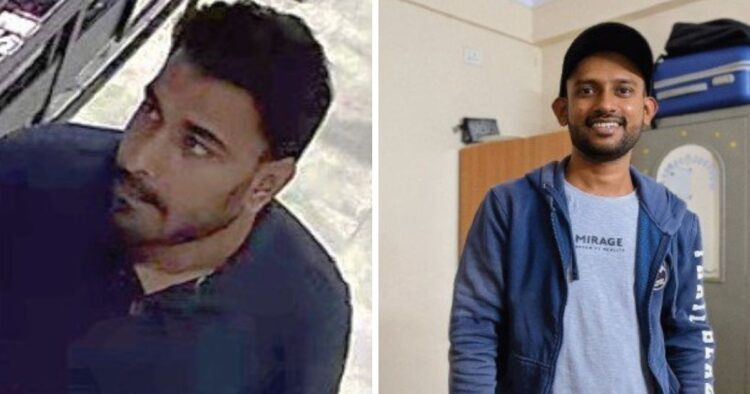Recent incidents in Bharat reveal a concerning trend where Islamic terrorists adopt Hindu identities to perpetrate attacks, obscuring their true intentions. This tactic was evident in the 26/11 Mumbai attack, the Mangaluru blast, and most recently, the Rameshwaram Cafe blast in Bengaluru. The National Investigation Agency (NIA) disclosed the use of Hindu names by accused individuals Abdul Mateen Ahmed Taahaa and Mussavir Hussain.
Abdul Mateen Ahmed Taahaa, alias Vignesh or Sumit, and Mussavir Hussain utilized Hindu aliases, residing in men’s hostels or low-cost accommodations to evade authorities. They have been fugitives since 2020, suspected in the Al Hind Module case linked to the Islamic State (IS). The NIA offers a reward for information leading to their arrest.
Muzammil Shareef, detained in the Rameshwaram Cafe blast, is accused of aiding the absconding suspects. Shareef facilitated logistics and provided refuge to Mussavir Hussain, assisting in his escape and procuring materials for improvised explosive devices (IEDs). Investigations continue into Shareef’s involvement.
In the Mangaluru blast of 2022, the perpetrator, Shariq, assumed a Hindu identity, using a stolen Aadhaar Card. This tactic mirrors the 26/11 Mumbai attack, where terrorists were furnished with fake Hindu IDs, aiming to frame the incident as “Hindu terror.” Such strategies underscore the complexity of counter-terrorism efforts.
Post-26/11, a narrative of “Hindu terror” emerged, propagated by figures like Digvijaya Singh, who alleged RSS involvement. This narrative, despite being debunked, underscores the divisive political landscape. However, public sentiment appears to reject the notion of “Hindu terror,” favoring government initiatives against extremism.
Bharat’s ban on the Popular Front of India (PFI) reveals ongoing efforts to combat extremism. Raids on PFI hideouts yielded incriminating evidence, emphasizing the need for robust counter-terrorism strategies. Such measures aim to safeguard communal harmony and thwart extremist agendas.
The broader socio-political context reflects tensions between Islamist extremists, Hindu communities, and left-leaning ideologies. Efforts to malign Hindus and Hindu organizations persist, countered by assertions of Bharatiya identity and resilience against divisive narratives.
The use of Hindu identities by Islamist terrorists in Bharat highlights the complexity of counter-terrorism efforts and underscores the need for vigilance. As investigations continue and counter-terrorism measures evolve, preserving communal harmony and confronting extremist ideologies remain paramount. The rejection of divisive narratives and the pursuit of a united, secure nation are essential for Bharat’s progress.

















Comments